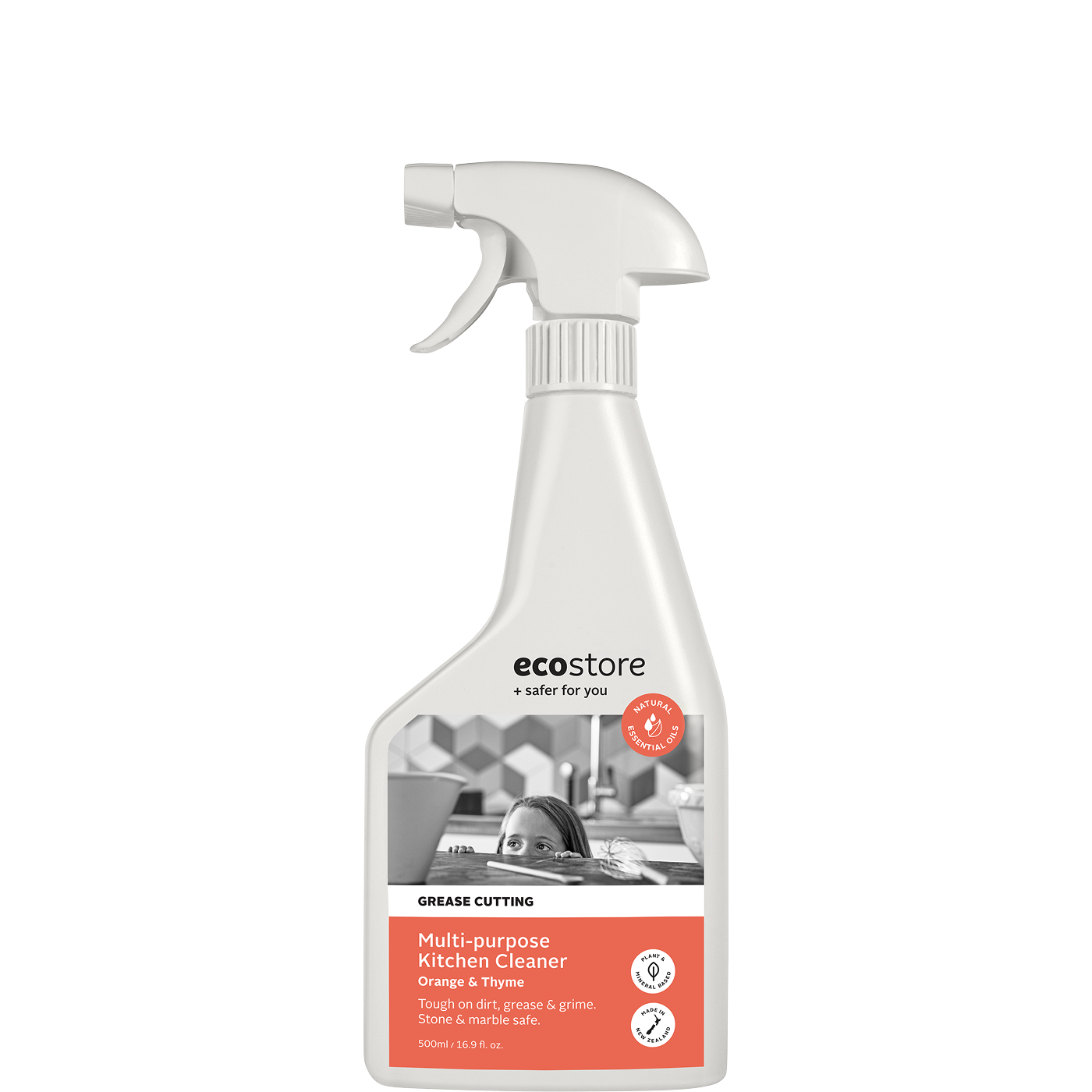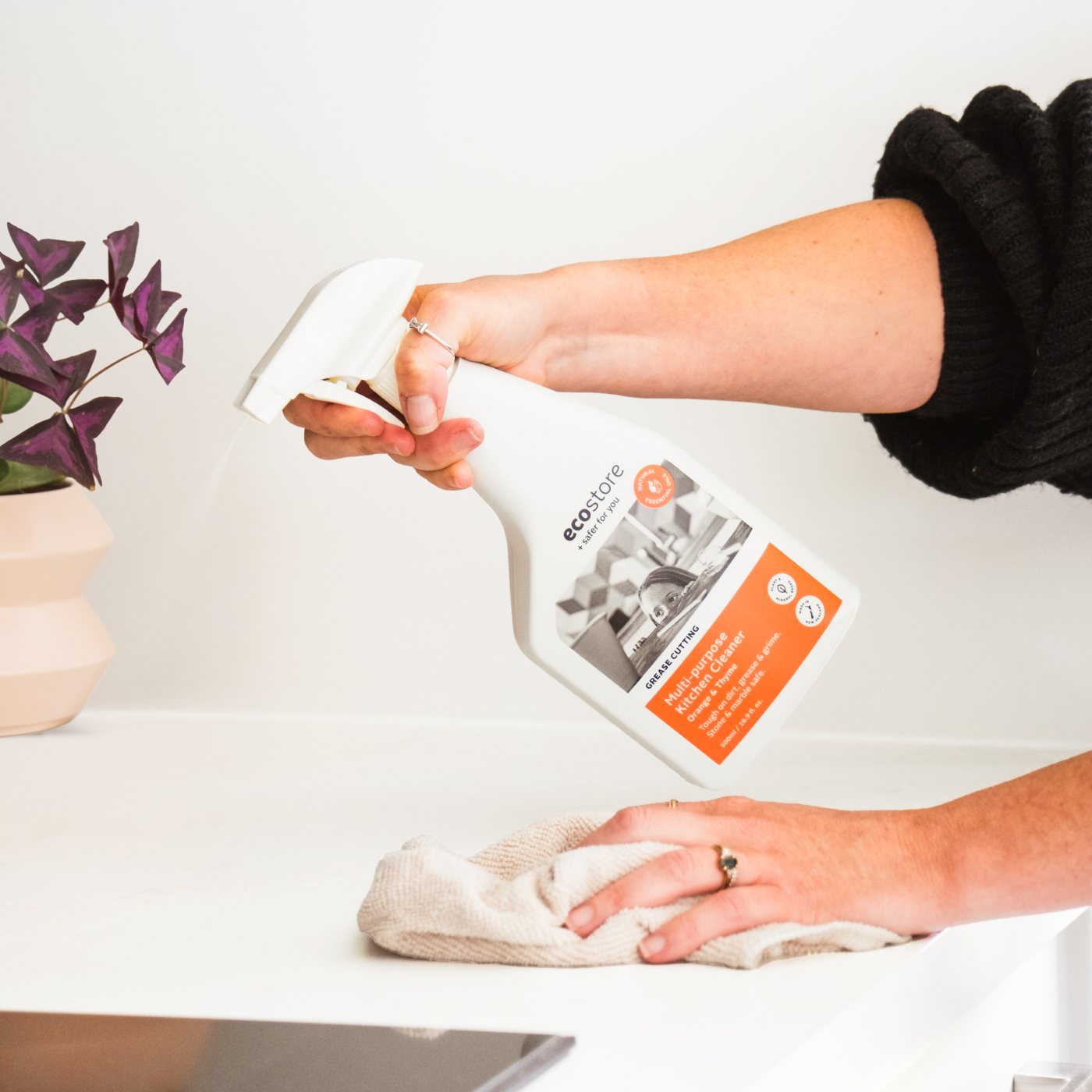Our amazing immune system protects us from infections like viruses, bacteria, and fungi through highly complex and adaptive processes. We build immunity throughout our lifetime – so when we encounter certain invading germs again, we can fight them faster the next time around. A healthy immune system responds quickly and appropriately to threats like infections.
How can we build up our immunity in the long term?
There’s a close relationship between nutrition and the immune system. We know, for example, that zinc directly supports white blood function – critical to fighting off pathogens and slowing viral replication. And zinc deficiency can lengthen the time people are sick with infection. When you get sick your white blood cells chew through zinc, which is why sometimes you may need to supplement dietary sources. This is especially the case for vegans, since copper competes with zinc and a raw or vegan diet is usually high in copper.
Eat a well-balanced, in-season diet
Try to eat plenty of plants, and heaps of variety. This means getting at least two fistfuls of vegetables per meal, incorporating high quality supplements if levels are low. Focus on nutrient-rich vegetables and some fruit, healthy fats like olive and avocado, and proteins. Grass fed bone both, and certain herbs like echinacea, olive leaf extract, garlic and ginger may also help. And cut back on inflammatory sugar, as it triggers low-grade inflammation which isn’t helpful if you are fighting off a virus or a cold.
Move every day
Just like a healthy diet, regular exercise is fundamental to good health and a strong immune system. Exercise encourages circulation, which helps the cells and components of the immune system move through the body freely and do their job efficiently. There are many ways to get exercise at home, such as:
- Workout apps, DVDs (search your archives!) or YouTube videos for cardio or strength training
- Calisthenics and body weight-based exercises (like push-ups or planks)
- Going for a walk or run
Take time to rest, relax and de-stress
Stress drives the production of the hormones cortisol and epinephrine, which are known to diminish Th1 and natural killer cells – suppressing the immune response. Stress also reduces the protective ‘coating’ of mucus in the gut that’s vital in preventing pathogens from entering the blood. A big part of managing stress is getting enough sleep and rest. Consider incorporating the below:
- Practice mindful meditation and yoga (there are many apps and guided YouTube
- meditations available)
- Take a break from screens and noise, especially in the evenings if you can
- Listen to soothing music
- Make time for peaceful activities like writing, painting, or woodworking where you can get into a ‘flow’
- Enjoy a warm caffeine-free drink such as herbal tea with adaptogens or warm golden turmeric milk
- Stick to a sleep schedule
- Avoid caffeine or eating a large meal before going to bed
- Allow time to relax and wind down before bedtime
- Consider melatonin for more restful sleep
Look after your gut health
A varied, high-fibre diet with complex carbs is good for the bacteria living in your gut and encourages a diverse ecosystem. Gut microbes feed off what YOU eat. They love fibre! Think black currants and blueberries, beetroot, legumes, pulses, onions, broccoli... Literally if you ‘eat the rainbow’ you’ll feed your gut microbes.
Eating naturally fermented foods helps too. Foods such as sauerkraut, pickles, miso, plain yogurt, and kefir (a yogurt-based drink) are full of probiotics (live bacteria), which love to eat fibre. When bacteria consumer fibre they produce short chain fatty acids. These feed the cells that live along the lining of the gut, which use that fuel to produce mucus which acts like a barrier. It’s also important to get outside as much as possible and resist the urge to sanitise your home, beyond Covid-19 precautions.
Back to basics
Make clean air, water, food and environment your top priority and the rest will follow.
- Get plenty of sleep and go to bed early, to support melatonin production
- Eat nutrient-rich meals full of colourful veges and fruit, and drink plenty of water
- Move and exercise every day to help the lymph system function effectively
- Get a few minutes of sunshine each day, so your body can make vitamin D
- Reduce processed foods which are energy-dense, micronutrient-poor and usually high in sugars, refined flours, and unhealthy fats
- Manage stress levels, because stress has been shown to reduce immune function
- Reduce exposure to known allergens and chemicals, everything adds up
-----
Kaytee Boyd (The Body Clinic) has been involved in the Health and Wellness industry for more than 25 years. With a double degree from Otago University in Human Nutrition and Sports Science, Kaytee is a member of the Nutrition Society of NZ and an MINND foundation practitioner (specialising in Autism), as well as a previous advisor on the Breast Cancer Network Foundation board. Kaytee splits her time across two busy Auckland clinics, as well as heading weekend cancer masterclass workshops.
Read more

With most of us spending a lot more time close to home, making sure our spaces feel clean, fresh and welcoming seems like an excellent use of any extra spare time. You may be one of the people who...

Never before has humble hand washing emerged as such a hero. It’s our first line of defence in our battle against coronaviruses like COVID-19. And unlike masks, eye shields or vaccines, soap is som...






